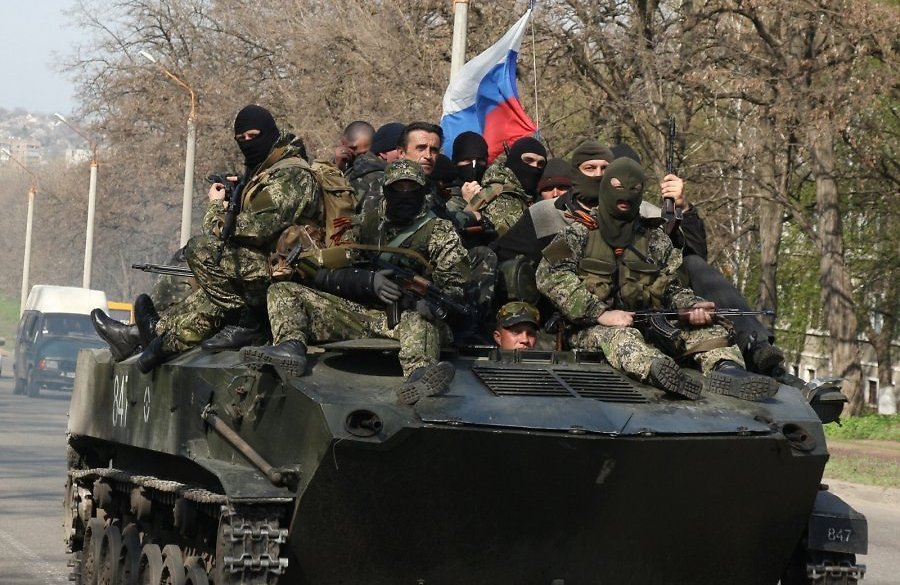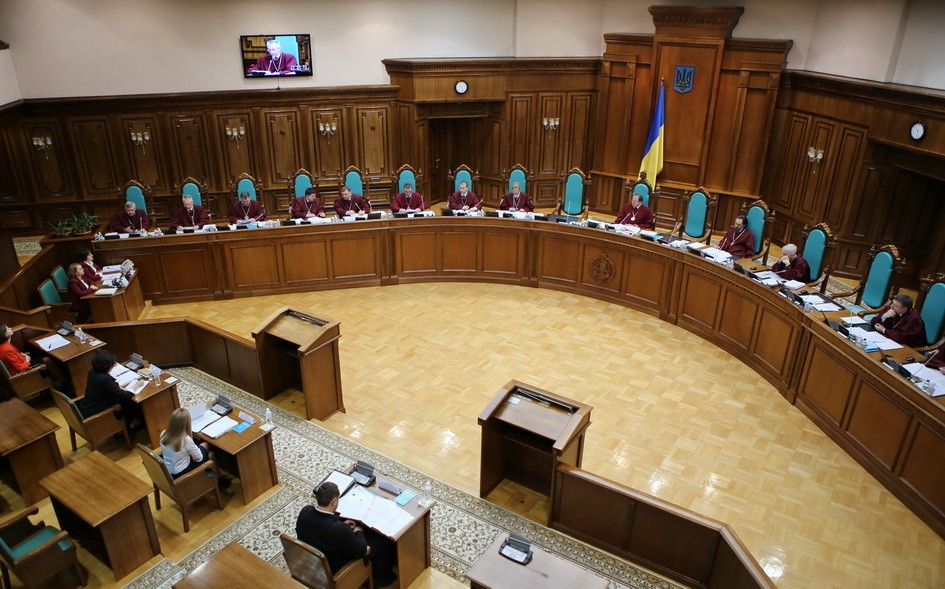Vladimir Putin is “not Yeltsin’s successor but Stalin’s,” and Sergey Lavrov is the successor of Stalin’s commissar Vyacheslav Molotov, Slava Rabinovich argues. Consequently, the world must “begin the difficult but necessary process of excluding Russia from the UN Security Council
” just as the USSR was expelled from the League of Nations.
“The lies of Churkin and Lavrov in the UN General Assembly and Security Council are impermissible,” the Russian businessman says. “The lies of Putin to heads of governments are impermissible … The actions of the Russian Federation towards its neighbors are impermissible. The annexation of the territory of others is impermissible.”
Once again, he says, the world is confronted by “lying scoundrels and international criminals.” How did it react 76 years ago?
By the end of 1939, the League of Nations included 40 countries, including the USSR which had become a member in September 1934 on the basis of a French initiative. Prior to that time, Moscow had “actively cooperated” with the League and its various committees and taken part in its negotiations.
But on November 28, 1939, the USSR denounced the 1920 Tartu Peace Treaty
and the 1932 Soviet-Finnish Non-Aggression Pact, and two days later, Moscow began its invasion of Finland. Helsinki called on the League to take measures to end the war.
On December 4, Vyacheslav Molotov, Stalin’s commissar for foreign affairs, responded that “the Soviet Union is not in a state of war with Finland and does not threaten the Finnish people because it had concluded on December 2 a Treaty on Mutual Assistance and Friendship with the government of a newly created Finnish Democratic Republic (FDR).
According to Molotov, the Soviet Union was simply working with the FDR to “liquidate” the threats to peace which had been “created in Finland by its former rulers,” who he said had lost the authority to run the country and with whom Moscow would no longer negotiate. The USSR, he said, would from then on talk only with the FDR.
If the League of Nations took up this issue on the basis of Helsinki’s complaints, Molotov said, the USSR would not participate in its sessions.
But the League
, under pressure from demonstrations across Europe against Moscow’s obvious aggression and attacks on civilian targets in Finland, decided to go ahead. On December 14, it convened the 20th session of the Assembly of the League of Nations to consider a finding that the USSR was guilty of aggression as defined by the League in 1933.
Twenty-eight of the 40 member states voted to approve that finding. Nine abstained, including Sweden, Norway, Denmark, Latvia, Estonia, Lithuania, Bulgaria, China and Switzerland. But none objected because those opposed, including the USSR, refused to participate in the meeting.
On the basis of that vote, the Council of the League of Nations voted to exclude the USSR, condemning “the actions of the USSR directed against the Finnish state” and calling on the League’s member states to provide support for Finland.
Moscow reacted by denouncing this action as having excluded the 183 million people of the Soviet Union from international representation and by declaring, in the same statement, that the UK and France were supporting those who had provoked this war and that Moscow was thus now free to provide more assistance to its allies fighting inside Finland.
As Rabinovich points out, “history is repeating itself,” albeit so far in part, with the leaders of the member states of the League of Nations showing more commitment to the founding principles of that organization than have the leaders of the member states of the United Nations to its principles now.





